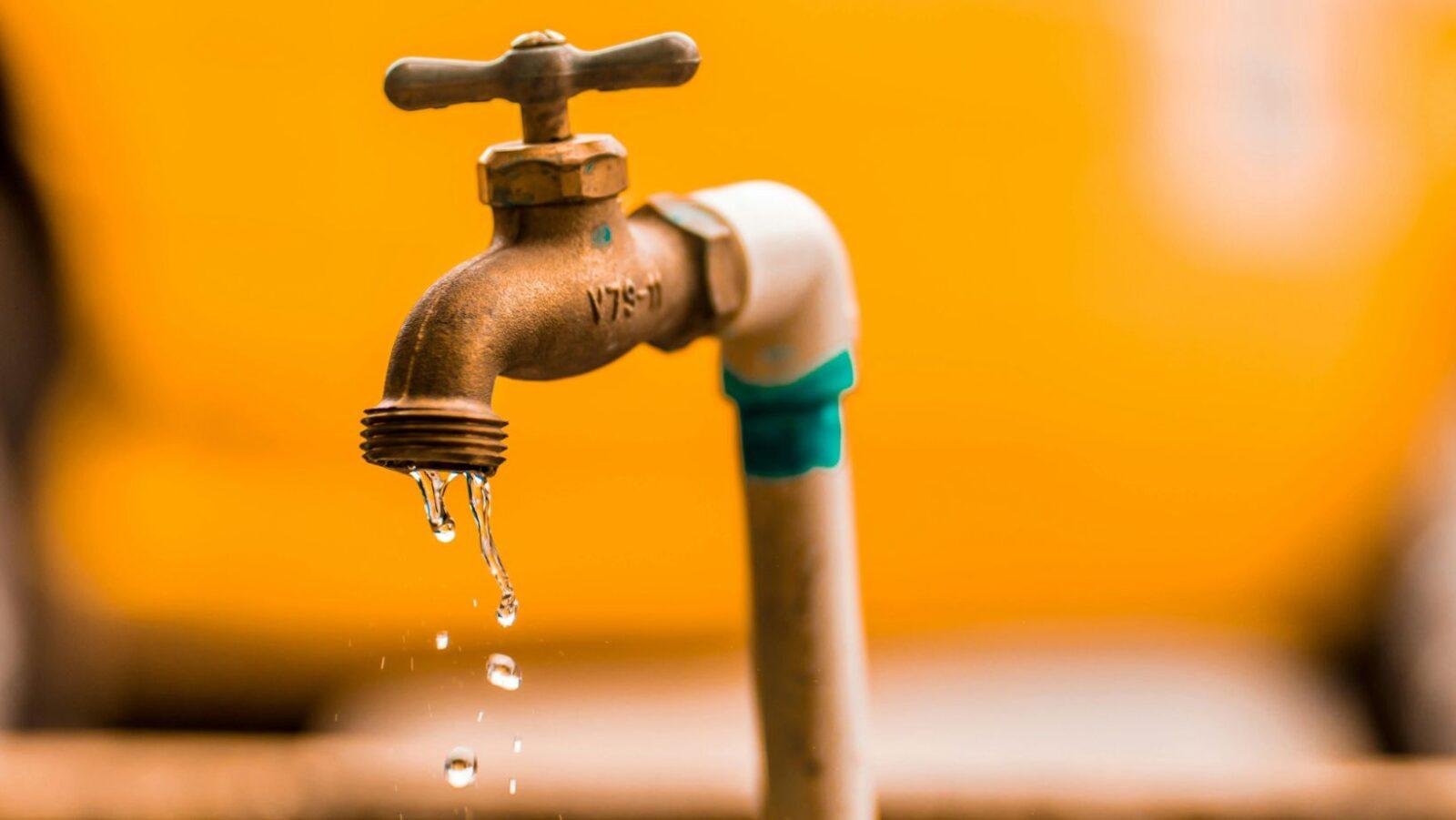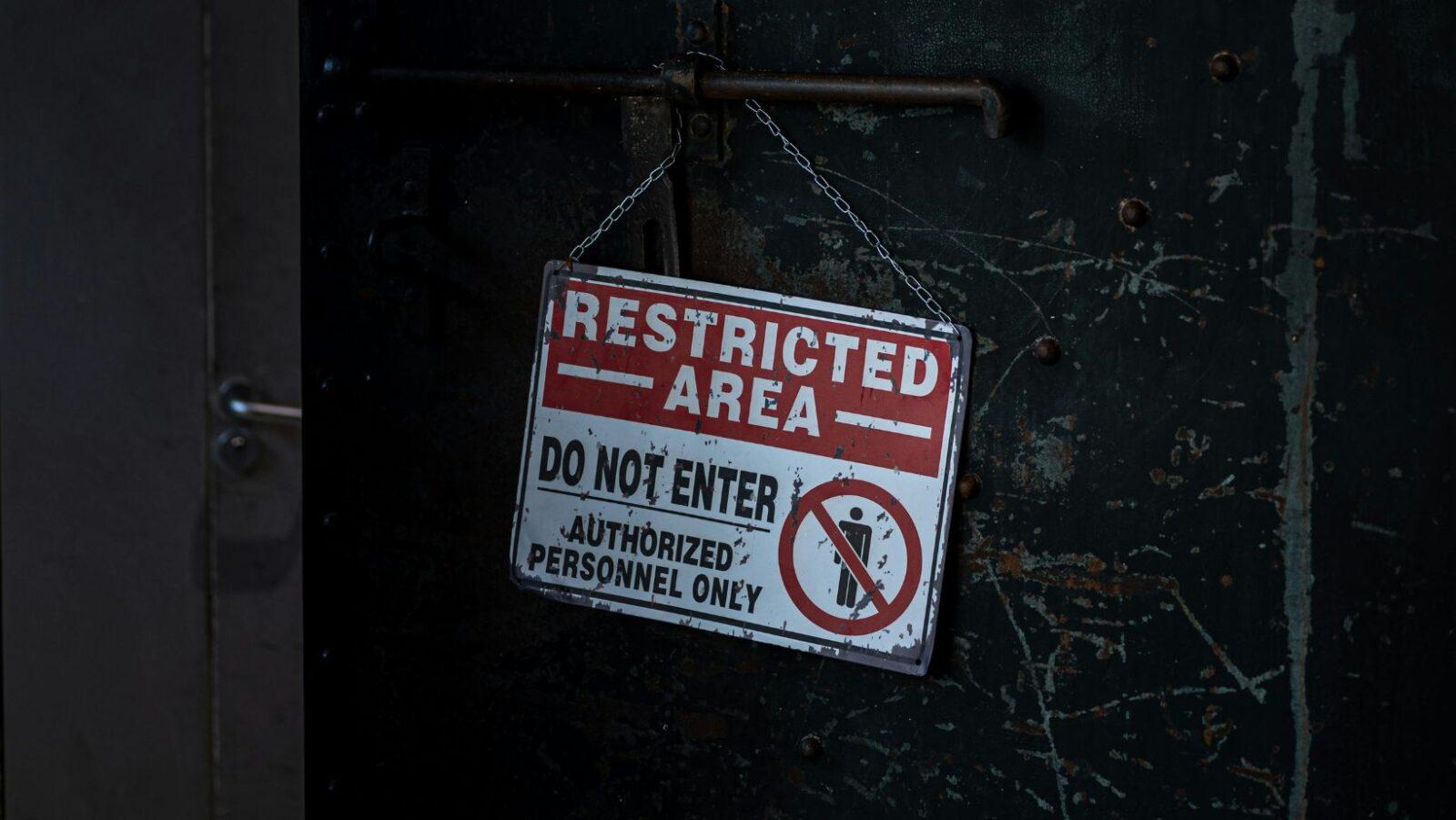This article is part of our “Psychology of a Pandemic” series.
History has shown than health crises affect more than just the physical body. During the 2014-2016 West African Ebola Outbreak, medical responders had to deal with other issues aside from physical symptoms. A 2015 survey revealed that out of 3,564 participants, nearly half (48 percent) experienced at least one anxiety-depression symptom, while more than three-fourths (76 percent) reported symptoms of PTSD. Interestingly, the study also showed that even those who didn’t get sick were deeply affected; for the participants, simply knowing someone who was quarantined—or even just understanding the severity of the disease—made symptoms of anxiety-depression and PTSD manifest.
“A pandemic is frightening for everyone, with or without psychological issues,” explains consultation-liaison psychiatrist Dr. Trina de la Llana. “It is an unseen enemy that seems to have come from nowhere and has been infecting and killing thousands all over the world.”
Oftentimes, pandemics and large-scale disasters expose gaps in a country’s health infrastructure—and mental health is no exception. Whether it’s because of quarantine, treatment, or even the sight of personal protective equipment (PPE), the different ways of responding to these crises can take quite a toll on the psyche, leaving deep, lasting impacts on the mental well-being of patients and survivors. This is especially true when trauma and psychosocial damage get overlooked or even neglected in the process of disease mitigation.
According to de la Llana, just like with any medical problem, the impact of pandemics on mental health can be examined via separate lenses: socially, biologically, and psychologically.
Pandemics and society
Upon the declaration of a pandemic, one of the first things to stop is social interaction. A level of uncertainty exists, states de la Llana, for the simple reason that anyone we interact with could be a virus carrier. “Or worse, we could be carrying the virus and spreading it to others.”
To prevent the disease from spreading, public gatherings are canceled or even prohibited. The priority shifts to what we call social distancing or physical distancing. As a preventive measure, essential interactions (such as work and important transactions) are kept strictly remote as much as possible. People are discouraged from leaving their homes unless absolutely necessary. And when they do, they’re advised to wear masks and other protective gear.
Thus, uncertainty tends to go hand in hand with isolation—a necessary measure to keep the body healthy, but a very real threat to one’s sanity.
“Being quarantined is difficult and painful, especially when done alone,” de la Llana says, adding that stigma, xenophobia (or prejudice against citizens of other countries), panic, and stress, are just a few of the societal impacts of pandemics. “Having a loved one diagnosed or a PUI is also painful, since one won’t be allowed to visit or be with them.”
Pandemics and the individual
Aside from affecting society as a whole, mental stressors can also cause ripples on an individual level.
“Life experiences can actually alter neurotransmitter levels in the brain, leading to mental illness,” explains de la Llana. For people with existing mental conditions (meaning already-altered neurotransmitter levels), this can worsen their condition.
Individuals who are already on maintenance drugs are also at risk. Without a steady source of income or means of public transportation, they may not be able to purchase the medicine they need, or even get the prescriptions they need from their doctors in the first place. As of this publishing, the Philippine Psychiatric Association and the Philippine Neurological Association had already requested the Department of Health (DOH) to honor electronic prescriptions, given current regulations on social distancing.
Worse, this also raises an important dilemma: “Should the money be used for more basic needs instead, like food for the family?”
Pandemics and the mind
For individuals with existing psychological problems, pandemic containment measures may cut them off from much-needed social support, further lowering their threshold for mental stressors.
“For example, a baseline anxious patient just had another thing to be anxious about added to their plate,” explains de la Llana. “A patient whose obsessions and compulsions deal with infection and cleanliness may be more anxious at present as well. The fear, isolation, and lack of activity may also exacerbate the symptoms those who are depressed.” And when left unaddressed during such critical times, mental illness can result in long-lasting health consequences.
Regardless, de la Llana assures that feeling anxious is “a normal reaction to an abnormal situation, so long as social and occupational functioning remains normal—at least, as normal as it can get under the circumstances.”
In time, the full extent of COVID-19’s impact on the mental well-being of the Philippines and the world will be revealed. For now, though, it is important for everyone to understand that the war on COVID-19 is a war on multiple fronts—and that we stand to lose much, as individuals and as a country, if we take the mental battlefield for granted.
If you’re currently experiencing negative feelings as a result of the pandemic, you can read Dr. de la Llana’s tips for emotionally coping with COVID-19 here.
If you find yourself needing to reach out to a professional to get you through these challenging times, you may contact any of the following individuals and institutions offering remote mental health support and consultations:
Anxiety and Depression Support Philippines
Thomasian Mental Health Responders
USA Psyche Cell 2019-2020 (Iloilo City)
Dr. John Carlo Perez, RSW (Pasig City)
letterstoyourtherapist (Email: letterstoyourtherapist@gmail.com)
Cover photo: Noah Silliman/Unsplash
References
- https://journalofethics.ama-assn.org/article/how-should-clinicians-integrate-mental-health-epidemic-responses/2020-01
- https://www.psychiatrictimes.com/psychiatrists-beware-impact-coronavirus-pandemics-mental-health/page/0/1
- https://www.psychologytoday.com/us/blog/talking-about-health/202003/mental-health-in-time-pandemic
Author: Mikael Angelo Francisco
Bitten by the science writing bug, Mikael has years of writing and editorial experience under his belt. As the editor-in-chief of FlipScience, Mikael has sworn to help make science more fun and interesting for geeky readers and casual audiences alike.










